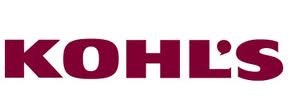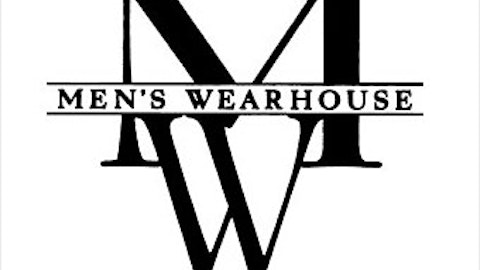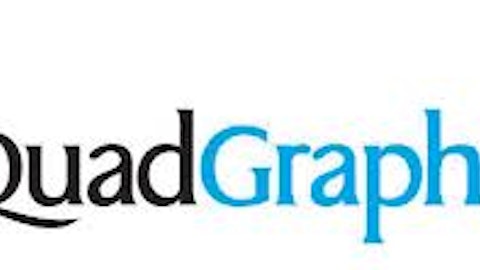A recent filing with the SEC has disclosed that Nina Vaca, a member of the Board of Directors at Kohl’s Corporation (NYSE:KSS), purchased about 1,600 shares of the company’s stock in late June at prices ranging from about $49.50 to about $51 per share. This brought her total direct holdings of the stock to 7,400 shares (when unvested shares of restricted stock are included) and therefore represents a considerable percentage increase in her exposure to the company. In theory, insiders should avoid such increases in their company-specific risk in favor of diversifying their wealth, unless they have a good deal of confidence in the stock. This is our explanation for why stocks bought by insiders tend to narrowly outperform the market (read our analysis of studies on insider trading).
The department store started off the first quarter of its fiscal year (a quarter which ended in early May) on a somewhat poor note. Kohl’s experienced a 1% decrease in revenue compared to the same period in the previous fiscal year, including a decline in same-store sales. While earnings per share was up 5%, this was entirely due to a reduction in share count as net income fell from its levels a year ago. The company generated a little over $300 million in cash from operations, most of which was returned to shareholders through buybacks and dividends.

We monitor hedge fund activity- and develop investing strategies- by tracking quarterly 13F filings from hundreds of hedge funds (for example, we’ve found that the most popular small cap stocks among hedge funds outperform the S&P 500 by an average of 18 percentage points per year). According to our database, Ron Gutfleish’s Elm Ridge Capital initiated a position of about 490,000 shares in Kohl’s Corporation (NYSE:KSS) during the first quarter of 2013 (check out Elm Ridge’s stock picks).
The closest peers for Kohl’s are The TJX Companies, Inc. (NYSE:TJX) and Target Corporation (NYSE:TGT). These companies are valued at a premium to Kohl’s Corporation (NYSE:KSS), with trailing earnings multiples of 19 and 16 respectively. The P/Es improve by a few points in each case when looking on a forward basis, suggesting that analysts are expecting significant earnings growth at these fellow retailers. However, while TJX Companies, Inc. (NYSE:TJX) has in fact been doing well- revenue grew 7%, and earnings 8%, in its most recent quarter versus a year earlier- Target Corporation (NYSE:TGT) suffered declines on both top and bottom lines over the same period. As a result we’d avoid Target Corporation (NYSE:TGT), and TJX Companies, Inc. (NYSE:TJX)’s substantial premium relative to Kohl’s doesn’t make it too attractive either.
The company can also be compared to Wal-Mart Stores, Inc. (NYSE:WMT) and to Costco Wholesale Corporation (NASDAQ:COST). Wal-Mart is the cheapest of this peer group of Kohl’s that we’re looking at in earnings terms, with trailing and forward P/Es of 15 and 13 respectively. It should be noted that the retail giant is even less exposed to economic conditions than Kohl’s, with a beta of 0.4, and despite early reports that the company was off to a terrible start to the year Wal-Mart Stores, Inc. (NYSE:WMT) actually managed to report growth in both revenue and earnings in its most recent report. Costco Wholesale Corporation (NASDAQ:COST) achieved 8% revenue growth and 19% earnings growth last quarter from its levels a year ago. However, markets have already priced in a good deal of future growth with even the company’s forward earnings multiple being above 20. We are skeptical that Costco Wholesale Corporation (NASDAQ:COST) can continue to outperform these other retailers by enough to justify its current valuation.
We’re not fans of the recent financial performance at Kohl’s Corporation (NYSE:KSS), but the stock is certainly cheap. As such it might be worth learning more about the company and comparing it to the slightly better-off and slightly pricier Wal-Mart Stores, Inc. (NYSE:WMT) and potentially to TJX as well.
Disclosure: I own no shares of any stocks mentioned in this article.




